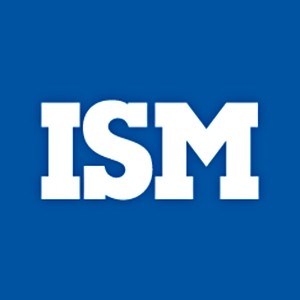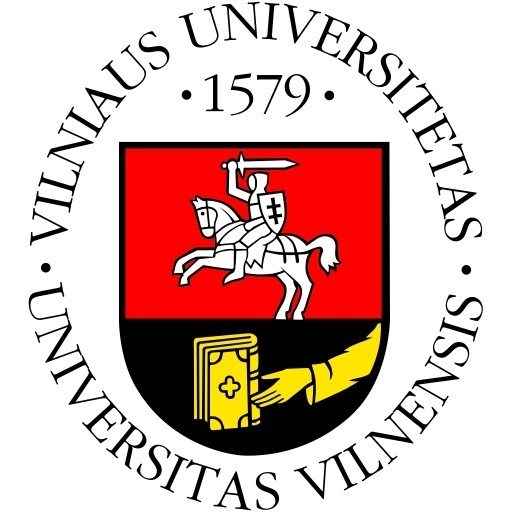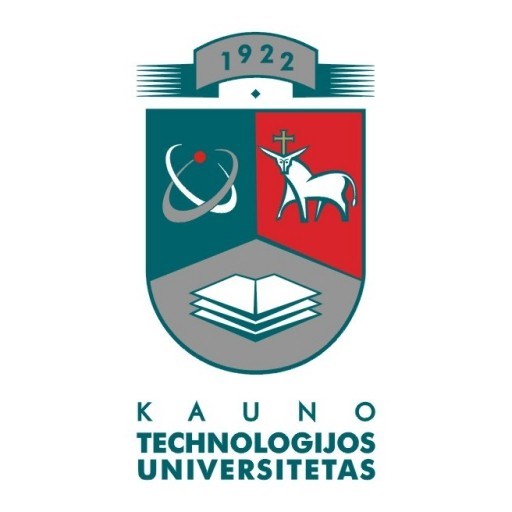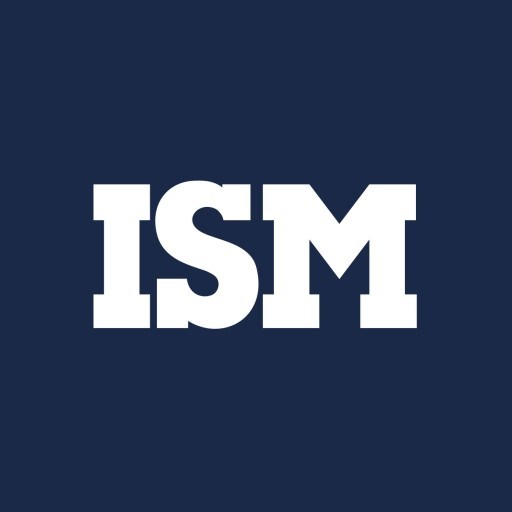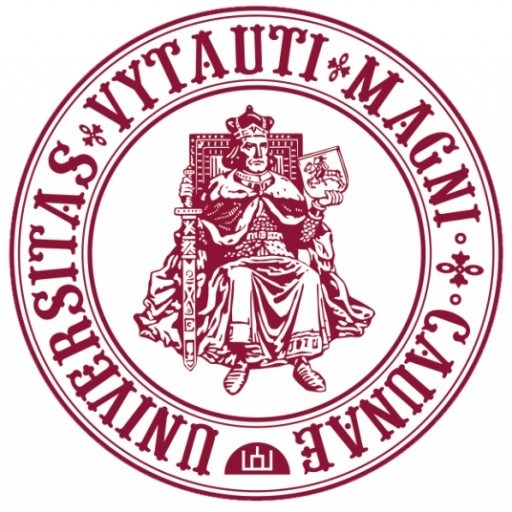Photos of university / #ismuniversity
The Economics and Politics program at the University of Management and Economics is a comprehensive undergraduate degree designed to equip students with a solid understanding of economic theories, political processes, and their interconnection in shaping modern societies. This interdisciplinary program aims to develop analytical thinking, problem-solving skills, and a deep awareness of global economic and political issues, preparing graduates for diverse careers in public policy, international organizations, business, and research. Throughout the curriculum, students explore key topics such as microeconomics, macroeconomics, political science, international relations, public administration, and economic policy analysis. The program emphasizes practical skills through case studies, participatory projects, and internships, enabling students to apply theoretical knowledge in real-world contexts. Faculty members are experienced professionals and researchers dedicated to delivering high-quality education and fostering critical debate. The program also encourages the development of soft skills such as communication, teamwork, and leadership, essential for effective functioning in complex environments. Students benefit from modern classroom facilities, access to research centers, and partnerships with various organizations for practical training. The university’s vibrant academic community provides ample opportunities for extracurricular activities and participation in conferences, seminars, and competitions. Graduates of the Economics and Politics program will be well-prepared to pursue careers in government agencies, non-governmental organizations, international bodies, think tanks, and private sector companies, or to continue their studies at the graduate level. The program aims to produce socially responsible professionals capable of analyzing current issues and contributing to sustainable development and effective governance.
|
Main courses |
Elective courses |
|
|
Autumn semester |
Spring semester |
|
|
- Macroeconomics - Introduction to Politics - English for Economics and Politics I - Quantitative Decision Making - Statistical Data Analysis - Econometrics - EU Economics - EU Politics - Welfare Economics - History of Political Ideas - International Relations
|
- Bachelor thesis - Internship - Academic Writing and Presentations Skills - English for Economics and Politics II - History of Economic Theories - Introduction to Finance - Comparative Politics - Public Finance - Political Economy - Social Research Methods
|
Group A - Norwegian Language I, II, III - Contexts of Politics - Management Theories - Creative Inteligence and Innovation - Ideas, Creativity and Entrepreneurship
Group B - Personal Finance - Economic Forecasting - Normative Economics - StrategicManagement - Communist Legacies and Politics in Eastern Europe - Comparative Data Analysis: Qualitative and Quantitative Methods - Organizational Leadership - Doing Business in BRIC Markets
|
REQUIREMENTS FOR APPLICANTS:
■ secondary school diploma.
■ TOeFl (IBT minimum score 60) or IelTs academic
(minimum score 5.5) test certificate. If none of these tests
has been taken, a test will be organized at IsM.
■ Final secondary school exams (or grades, if there are no
exams in the country of residence):
- Mathematics
- History
- One of the following subjects: Geography / Biology /
Information technology / second foreign language
annual grade - english language.
■ Filled form
International applicants are eligible for the scholarships to cover a part or the whole IsM Bachelor studies’ tuition fee (100%, 50% or 30%).
The Bachelor’s degree program in Economics and Politics at the University of Management and Economics offers students a comprehensive education in the interconnected fields of economics, political science, and public administration. The program is designed to develop analytical thinking, critical evaluation, and practical skills necessary for understanding and addressing complex socio-economic and political issues. Students gain a solid foundation in economic theory, including microeconomics, macroeconomics, and econometrics, alongside a thorough understanding of political systems, international relations, and governance processes. The curriculum typically includes courses such as principles of economics, political science fundamentals, comparative politics, public policy analysis, international economics, and political philosophy.
Students also have the opportunity to enhance their understanding of quantitative methods, data analysis, and research techniques, which are crucial skills in today’s data-driven decision-making environment. Practical training is often incorporated through internships, project work, and seminars with industry professionals, allowing students to apply theoretical knowledge in real-world contexts. The program aims to prepare graduates for careers in government agencies, international organizations, research institutes, and private sector companies involved in economic and political consulting, policy analysis, and strategic planning.
Teaching staff usually comprises experienced professors and practitioners with expertise in economics, political science, and public administration. The program emphasizes the development of communication skills, ethical considerations, and the ability to analyze the impacts of economic policies and political decisions on society. The inclusion of modern educational technologies and a focus on international perspectives ensures that students are well-equipped to operate in globalized environments. Upon graduation, students receive a bachelor’s degree that qualifies them for advanced studies or entry into various professional fields such as economic analysis, political consultancy, public administration, and international cooperation.
Overall, the Economics and Politics program at the University of Management and Economics aims to produce well-rounded specialists capable of contributing effectively to economic development and political stability in their home country and beyond.
